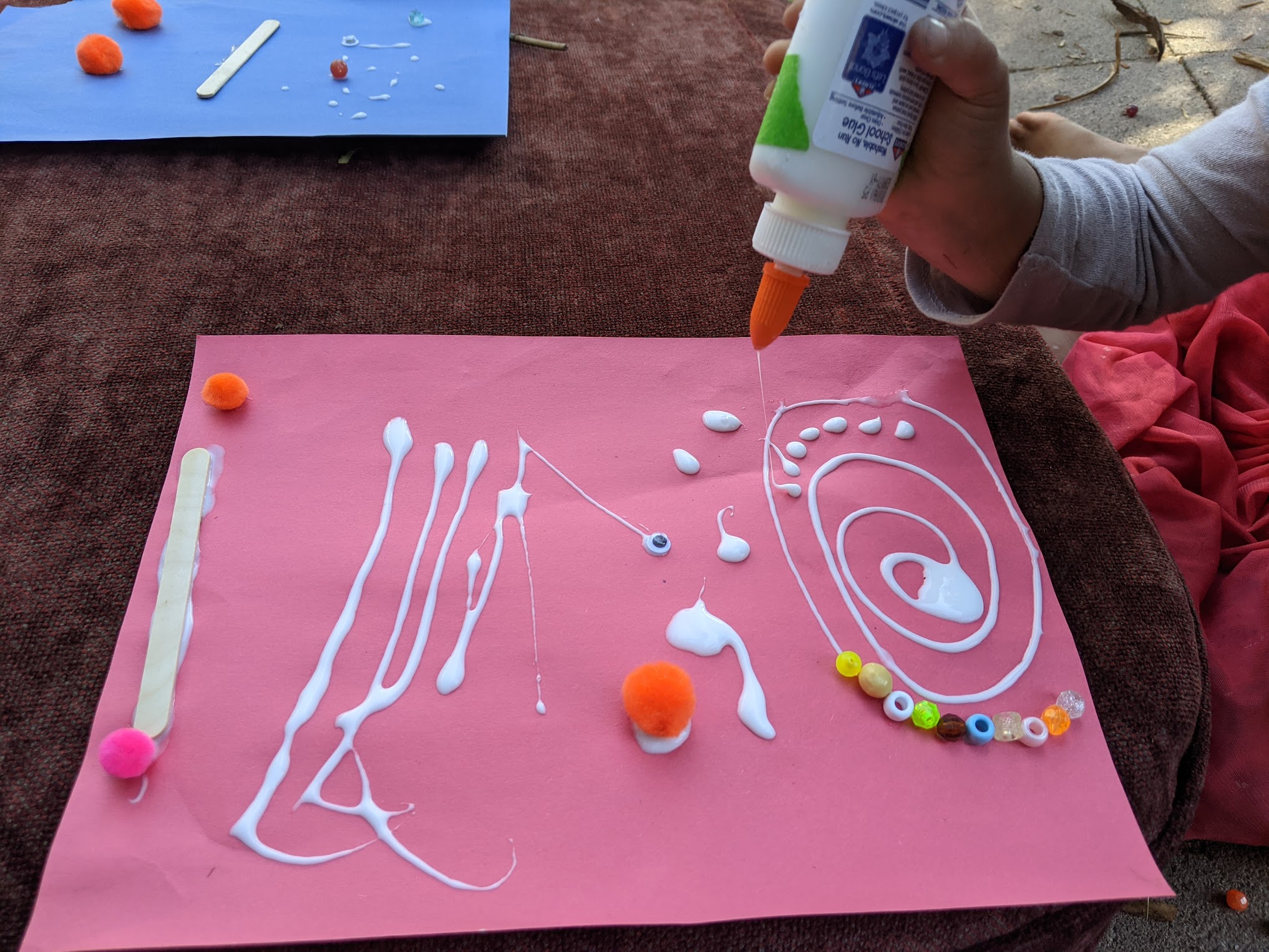Daily Schedule
7:30am - School opens
7:30am-12:00pm - Open play period, morning snack available
12:00pm - Lunch
12:30pm-1:00pm - Post-lunch play, diaper changes and potty breaks
1:00pm-3:30pm - Rest
3:30pm - Snack
3:45pm-6:00pm - Open play period, pick-ups
Diapers are continuously monitored throughout the day. The bathroom is always available, and frequent reminders are offered. Bottles and naps are offered on-demand for infants and for older children who are sleepy nap time can come early.
Children need lots of time to fully engage with a project. When they are shuffled from activity to activity, they never truly have the chance to immerse themselves in what they are doing. Imagine if you arrived for work and your boss started rushing you around, giving you fifteen minutes to work on each task with no regard for whether or not you finished it. By the end, you would probably feel stressed from the rushing and frustrated from the unfinished projects you had left behind. Long, open periods of free play allow the child to naturally move through their day, working on each project until they are satisfied, and then actively choosing what to continue with. The result is peaceful, unhurried exploration of the materials and all their complexities.
Having many different scheduled activities necessitates many transitions, and transitions are a particularly challenging time for most children. The uncertainty of what is next, the down time while waiting for the other children, and the forced shift from one task to another is a recipe for difficulties. Transitions are the most common time to see behaviors like hitting, emotional breakdowns, and manic explosions. The daily schedule at Outside the Lines is constructed to minimize these times of unrest. Rather than a forced transition to and from breakfast, children may listen to their body and drift to the table when they are hungry and ready. Rather than a morning broken up into distinct time blocks of activities, all of the space is open and the children are free to plan and accomplish their own work. Limiting transitions sets children up for success.
